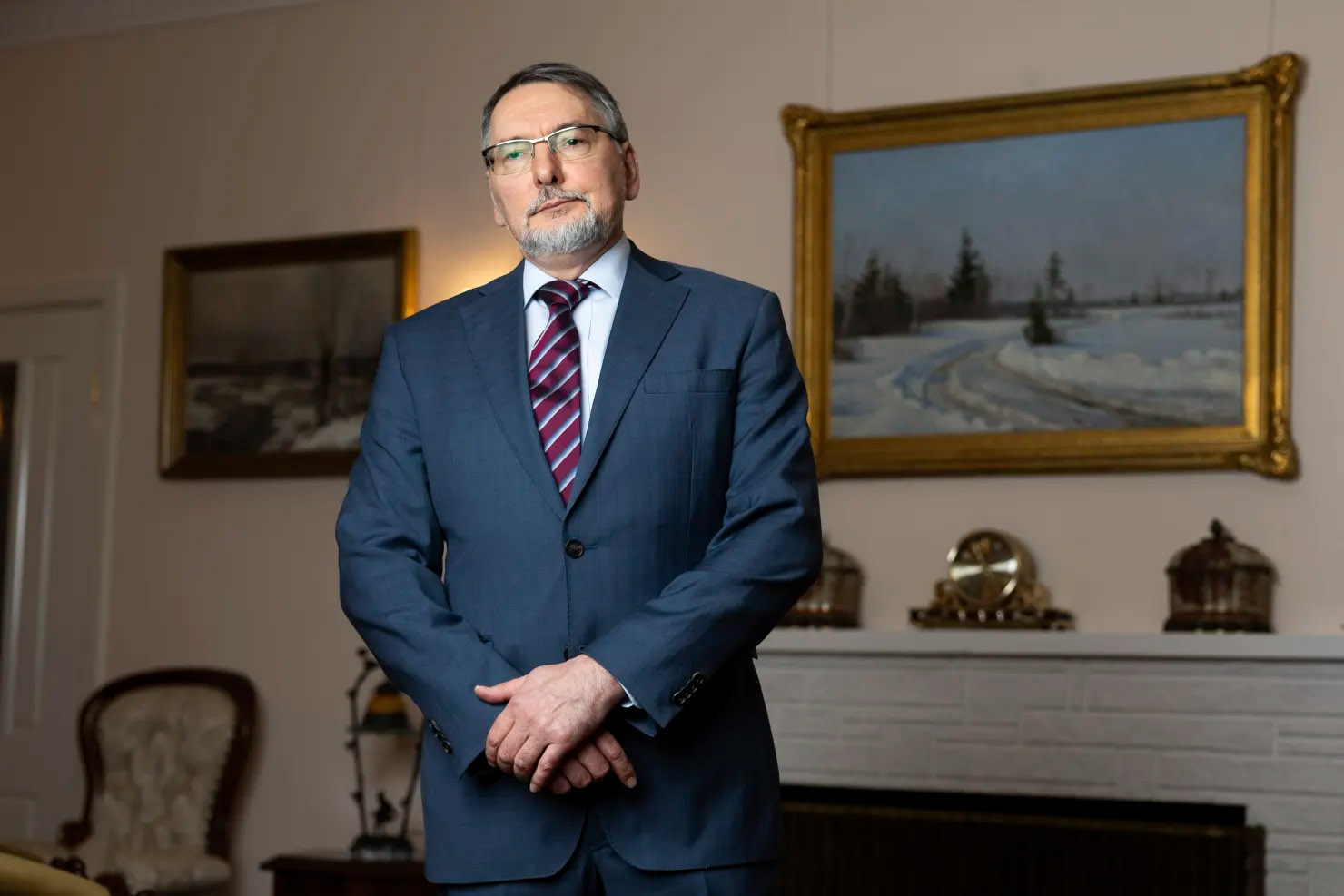There was a time - we still remember - when all nations respected the need to maintain civil diplomatic relations with official enemies. This time has not passed for those states who share Vladimir Putin's views of the new multi-polar world - expressed with such style and clarity in his recent speech at the Kremlin. Many commentaries and transcripts of this speech in St George's Hall have already been published, at the same time as his wisdom and insights have been ignored or misrepresented by those still stuck in the cyber-grip of the unipolar hegemon. Putin gave an earlier speech at the Kremlin which received more attention from Western media - but the same mistreatment, with great emphasis on his reference to the nuclear deterrent and Russia's red lines. Only wilful blindness allows those commentators and their leaders to ignore their own identical red lines and implicit threat to press the nuclear button should an enemy state cross them. This threat they openly express, and even vow to follow pre-emptively, including to "protect their interests" in foreign countries they occupy. In the wake of Putin's speech - on the recognition of the popular vote of disputed Ukrainian regions to rejoin Russia - there were calls from many sectors of Australian society for Russia's diplomatic presence in Australia to be cut, and the Ambassador expelled. In what might have been a useful initiative to prevent this move, and to better explain Russia's position to Australian citizens, the Sydney Morning Herald visited the Russian Embassy in Canberra and conducted a long interview with the resident Ambassador, Dr Alexei Pavlovsky. The Australian state media - the ABC and SBS - quoted the Ambassador's responses from the interview that same day on the question of expulsions, and how Russia might respond to this action - as if that might determine whether to expel him or not. But the SMH didn't publish an article on the interview until four days later, and then not beginning to do justice to Dr Pavlovsky's thoughtful and reasonable responses. The whole lengthy interview was published by the Russian Embassy on its Facebook page, but the SMH only quoted extracts on a few key questions, which focused on the same chosen and narrow talking points their readership is comfortable with. (the interview is linked to in this tweet from the Russian Embassy) In particular was the question of whether Russia would use nuclear weapons, with the sub-text being a question on just how far NATO could push before risking a nuclear response. The interview took place before an event which might have seen this question answered - the truck-bomb attack on the Kerch bridge, crossing every red line for Russia and for Putin, given the timing just after his 70th birthday. (rumour has it that the attack was delayed a day, but was well planned and complex and led by MI6, so that timing is no coincidence.) In a sense the stupid question on Russia's use of a nuclear weapon - of last resort - was answered, as the Russian response was to finally launch massive attacks on civilian infrastructure in Western Ukraine that will see the country paralysed from lack of electricity generation and communications. Rather than acknowledge any of this, or even sue for peace or settlement, Kiev and its backers have doubled and tripled down on their aggressive moves and campaign, promising new deliveries of anti-missile and air-defence systems, and vowing to pursue the hopeless fight "for Ukraine" "as long as it takes". And apparently by whatever means "necessary" to prevail over Russia. EU and NATO leaders met in Brussels on October 13th in a show of unity and commitment to fight to the last Ukrainian, as described in this video from Euronews:
In another report on the same meeting from DW news, headlined with the accusation against Russia, details are also given on the exercises planned for next week "as it happens" - and it happens that these are exercises to test European coordination in the event of nuclear war: The meeting of NATO defense ministers also came ahead of the alliance's annual Steadfast Noon exercise. The exercise, scheduled for next week, will play out how a nuclear scenario would be handled by the alliance's members. Held annually around the same time of year, Steadfast Noon involves fighter jets, conventional jets, refueling and surveillance aircraft. No nuclear weapons are involved. Members will drill for the successful deployment of a US nuclear weapon based in Europe. So let's just repeat what the unelected and seemingly permanent NATO leader Stoltenberg said - while accusing Russia of the nuclear threat: "the circumstances in which NATO might have to use nuclear weapons are extremely remote" But as the Euronews article points out, NATO doesn't actually have nuclear weapons of its own, and as one of the three nuclear powers, France, maintains its independent nuclear deterrent, the exercise is actually a US-UK one. What Euronews doesn't point out is that NATO was formed as a defensive alliance, balanced against the Warsaw Pact countries and by nuclear "detente", along with a number of treaties and agreements between the two nuclear-armed adversaries. As such it has - or had - no structure to coordinate on a joint foreign policy with democratic legitimacy, nor can it undertake any diplomatic efforts to resolve the essentially political crisis. Stoltenberg made the statement above at a meeting including NATO foreign ministers as well as US defence secretary Lloyd Austin and General Mark Milley, so should we conclude now that the decision to use nuclear weapons against Russia and her allies under the extremely remote circumstances where they have to, will be made by this Star Chamber of psychopaths?
DM 15th October 2022
